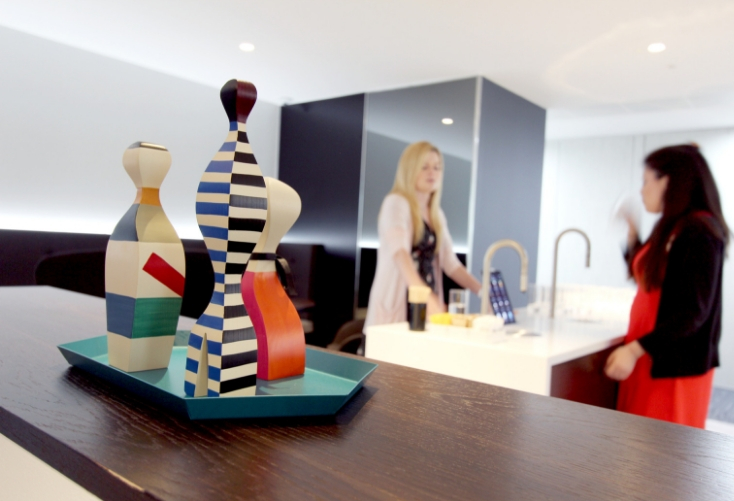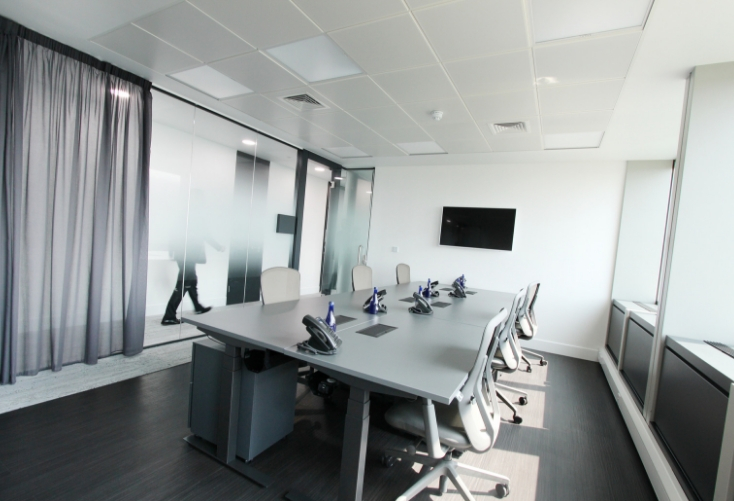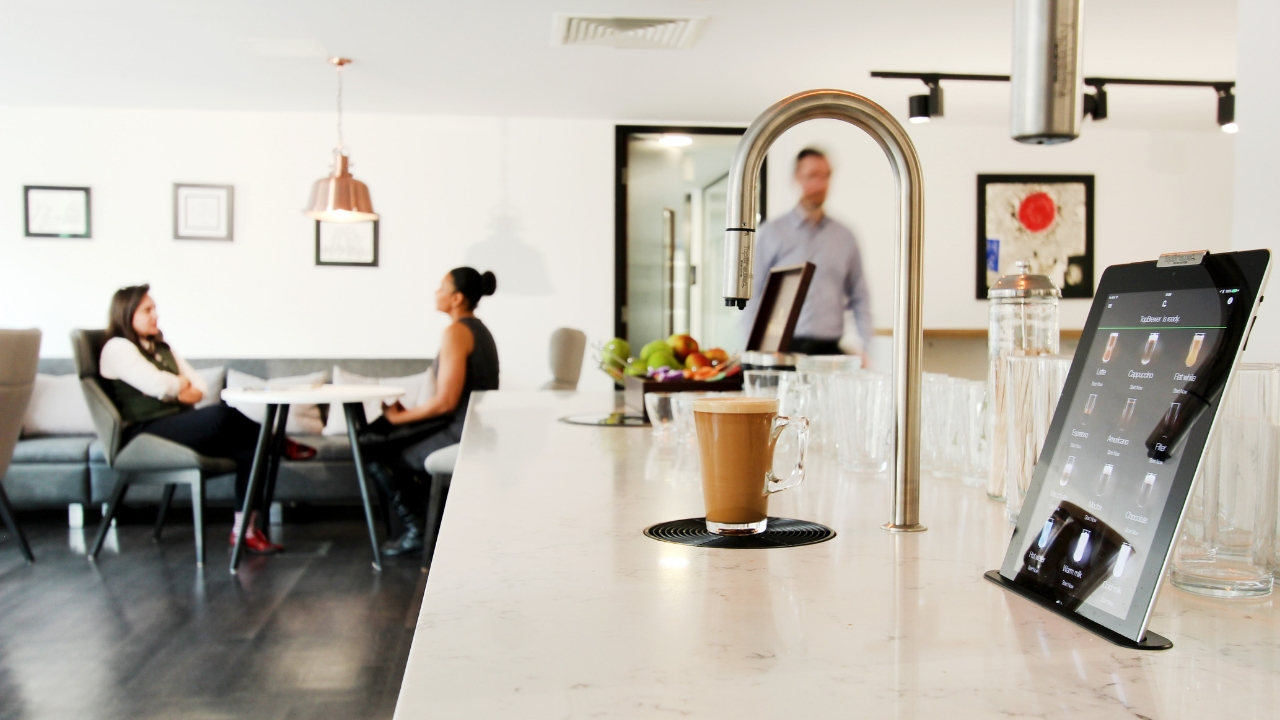- BE Offices’ multi-million-pound refurbishment programme is paying off, with occupancy levels hitting 85%.
- A total of 30,000 sq ft of flexible office space has been upgraded with new and improved design-led interiors.
- Design practice Studio Tilt undertook the transformation, focusing closely on work-life integration within the space.
BE Offices (“BE”), one of the UK’s largest independent flexible workspace providers, reports its multi-million-pound refurbishment programme in parts of its existing portfolio is paying dividends as occupancy levels in the upgraded space hits 85%.
The first phase of the programme, which has just completed, targeted four key Central London centres including Cheapside and Victoria.

In total 30,000 sq ft of flexible office space was upgraded with new and improved design-led interiors that included furniture and communal breakout co-working facilities.
As a result, the newly refurbished space hit occupancy levels of at least 85% in only a matter of weeks.
David Saul, co-founder and Managing Director of BE, said: “In our fast-changing world it is no longer acceptable to simply grow through centre or corporate acquisition alone. Today, you must constantly review your existing portfolio and bring it up to a level that is attractive to occupiers.
“We are investing considerable sums in the BE estate and are reaping the rewards from the programme. Within weeks the refurbished space was 85% occupied as companies found the new offer irresistible.
“This, we believe, amply demonstrates the importance of maintaining a high level of design and décor in our highly competitive market.”

Saul added that the company is implementing an annual refurbishment programme which sits alongside its stated corporate objectives of growing BE through acquisition and estate expansion. Over the next 12 months, BE will invest a further £4m in the next phase of this highly successful programme.
Oliver Marlow, head of design practice Studio Tilt that has been working closely with BE on multiple design and refurbishment programmes, commented: “Today there has been a real step-change in the importance of design in the workplace, which combined with technology, means that occupiers want to see how work fits into people’s lives rather than the opposite.
“It is work-life integration rather than work-life balance that is driving demand. People want places in which they work to be elevated in terms of presence, look and feel.”

 Dr. Gleb Tsipursky – The Office Whisperer
Dr. Gleb Tsipursky – The Office Whisperer Nirit Cohen – WorkFutures
Nirit Cohen – WorkFutures Angela Howard – Culture Expert
Angela Howard – Culture Expert Drew Jones – Design & Innovation
Drew Jones – Design & Innovation Jonathan Price – CRE & Flex Expert
Jonathan Price – CRE & Flex Expert









